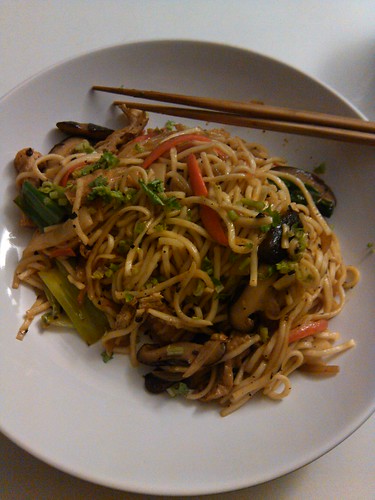I've been thinking about this for weeks now. I think a lot of people have the wrong idea about making mistakes.
You know I have a series of posts called ○○さんは英語の使い方に注意した方が良い. Some people might have the misunderstanding that I am trying to bully someone or denigrate someone.
- denigrate【他動】〔人の性格や評判を〕傷つける、中傷する、侮辱する、悪くいう; 〔人や物の価値を〕過小評価する、見くびる (definition from Eijiro on the Web)
That couldn't be farther from the truth.
- That couldn't be farther from the truth. これほど事実から程遠いものはありません。 (definition from Eijiro on the Web)
The reality is that mistakes are learning opportunities. I don't think any mistake I've posted on my blog has any real consequence for anyone beyond making someone blush (maybe the author, if I am lucky enough for them to read my post).
- blush with embarrassment 恥ずかしさのあまり赤面する (definition from Eijiro on the Web)
I post these mistakes so that you all can learn from them. These aren't private mistakes, either, but things which appear in public. If someone doesn't mind putting this English in public, it's fair game.
- fair game for discussion 議論の格好の話題 (definition from Eijiro on the Web)
What's more, in truth I admire these people. They are using English to communicate, even if there are mistakes. Learning a language and using it helps to bring people together.
- admire【他動】~を称賛[敬服]する(definition from Eijiro on the Web)
It's true that sometimes mistakes have serious consequences. For example, if safety instructions are written wrongly and someone gets injured, that's serious.
There appears to be a case where a health supplement dealer faced a possible death sentence for a mistranslation of "hemp oil" for "hash oil" (hemp oil is a nutritional supplement, while hash oil is a strong drug which is illegal in most parts of the world).
- hemp 【名】麻、麻布、麻の繊維
- hash = hashish【名】〈俗〉ハシシ、ハシーシュ◆大麻に含まれる樹脂(幻覚物質)を乾燥させた作った麻薬
- (definitions from Eijiro on the Web)
However, the mistakes that I have posted are nothing like this. Everyone should think of them as learning opportunities rather than be afraid of them because they are zero-risk.
Especially in an English class, there is zero risk. That means you should never be afraid to make mistakes, but think of them as lucky chances to learn something.
It's like these fried noodles that I cooked tonight. One of the ingredients was green onions. I chopped the onions into four centimeter pieces. I had intended to slice them further into strips, but I was hungry and forgot. Fortunately, the noodles still tasted delicious.
That's a perfect example of a zero-risk mistake. The lesson for me is to pay more attention when cooking, or maybe to eat a snack before cooking so that I won't be in such a hurry.
Please don't fear your mistakes, and take advantage of all of the learning opportunities you can.


0 件のコメント:
コメントを投稿